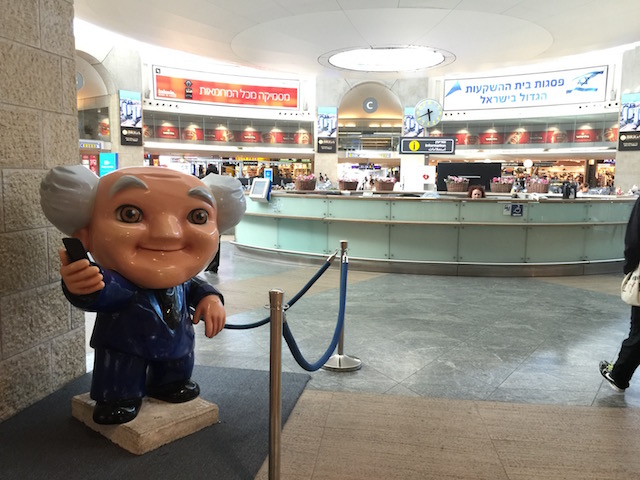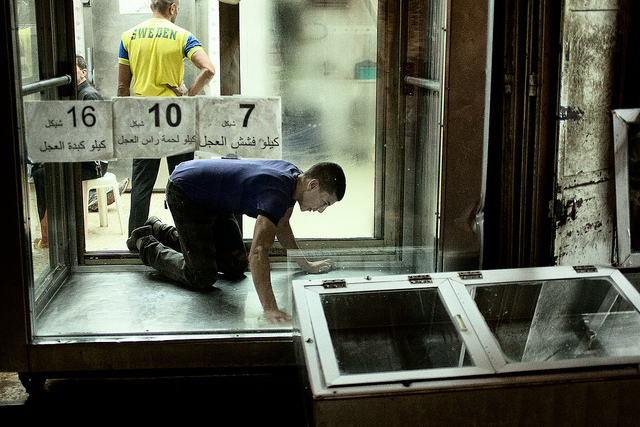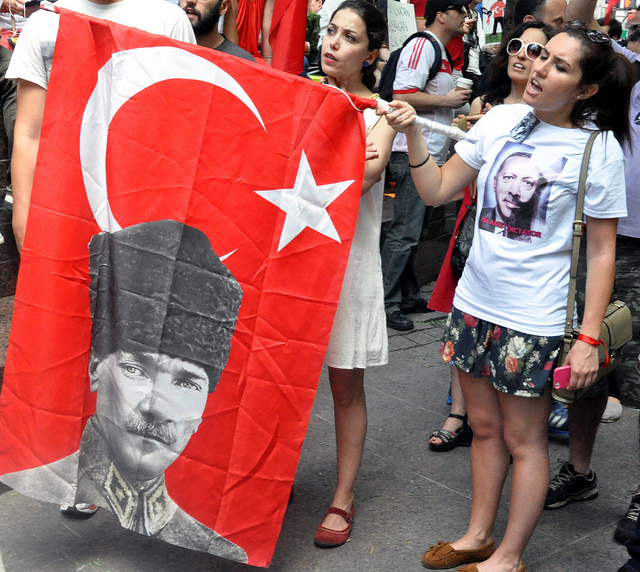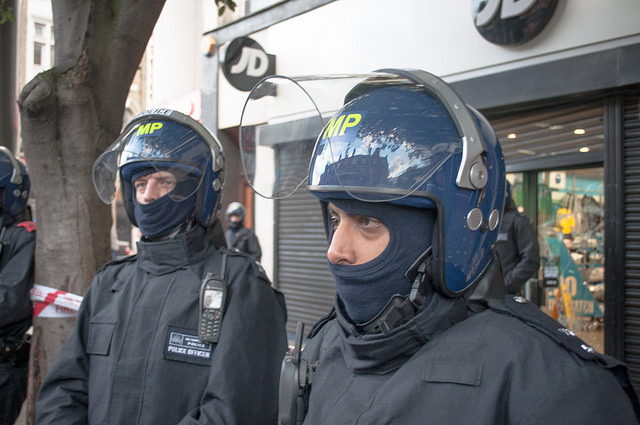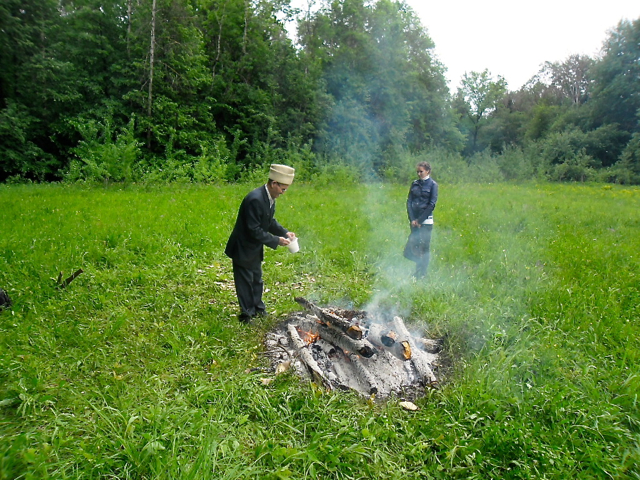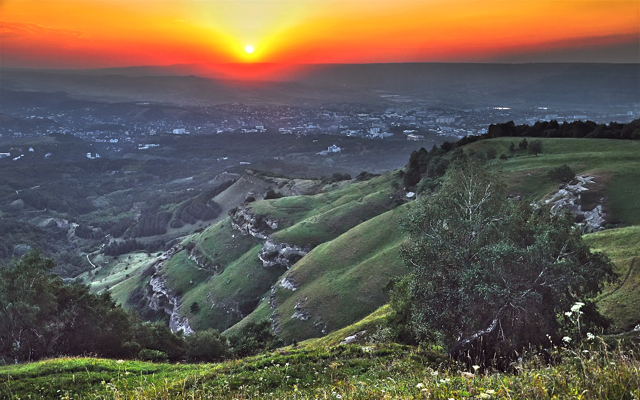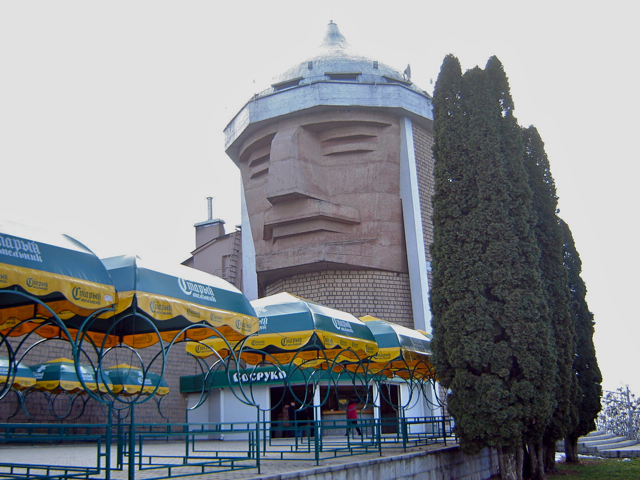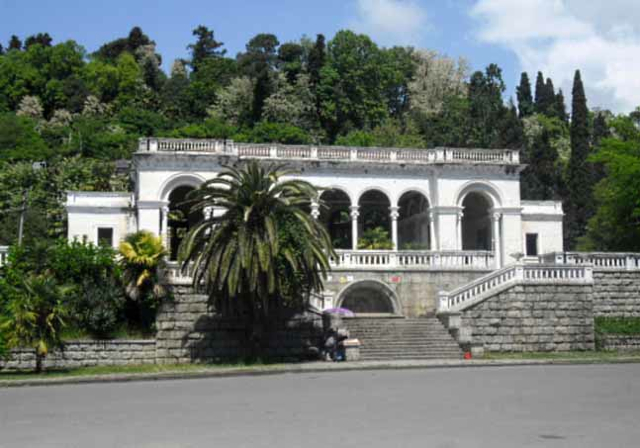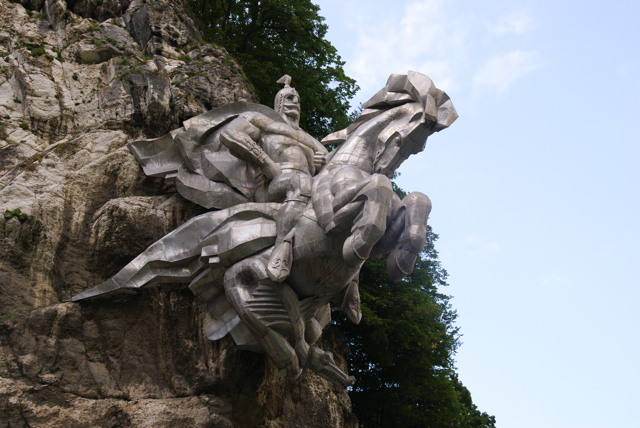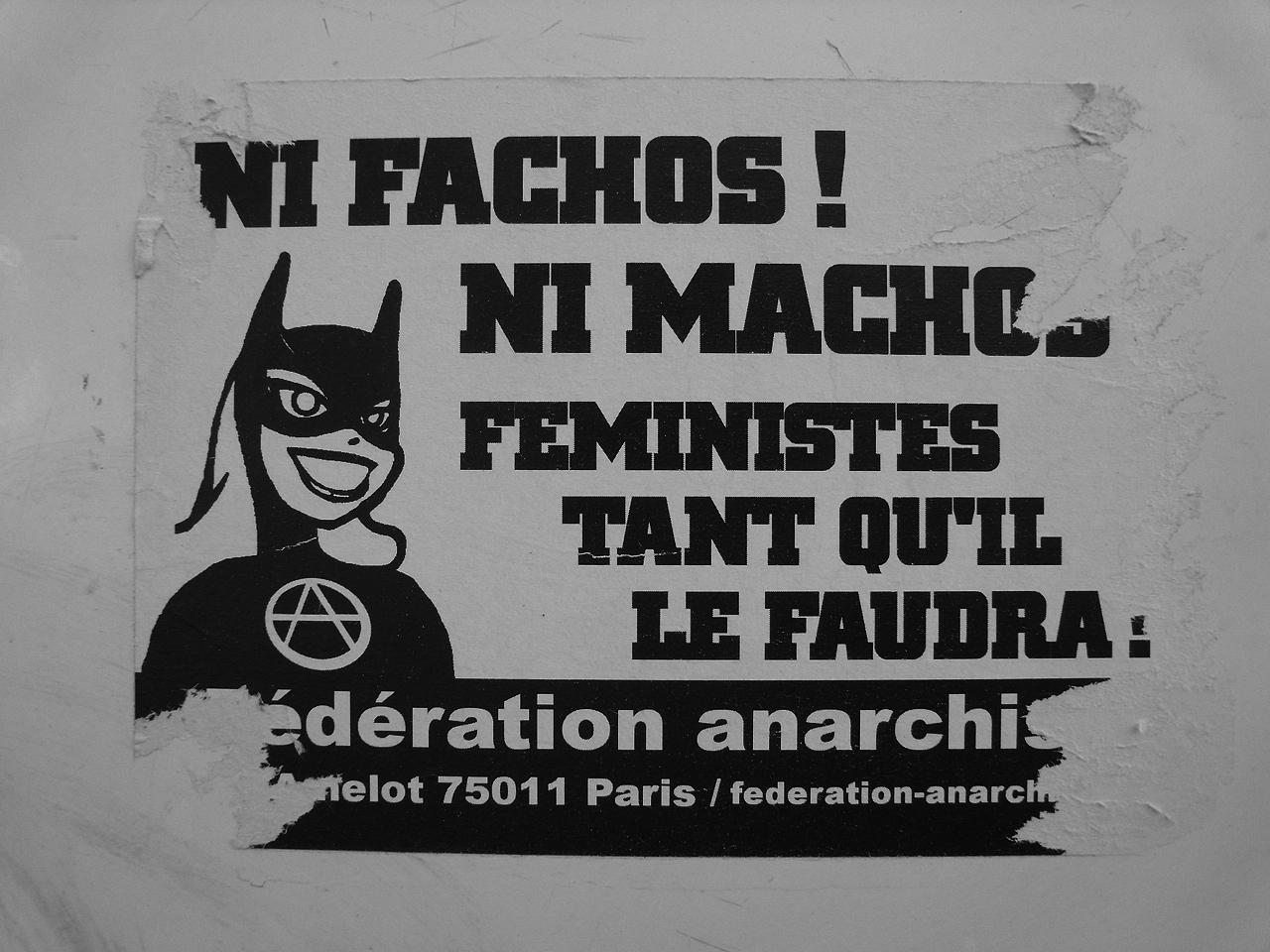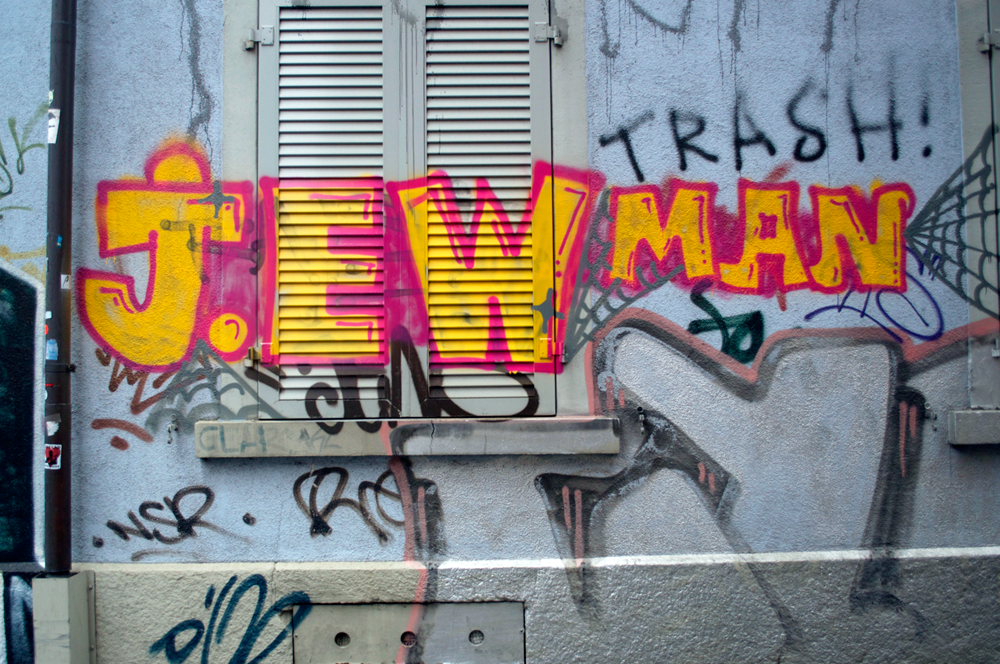The extremely unfavourable reports I heard from Palestine caused me to defer my departure from day to day. When I applied to my consul for a “firmann” (Turkish passport), I was strongly advised not to travel to the Holy Land. The disturbances on Mount Lebanon and the plague were, they assured me, enemies too powerful to be encountered except in cases of urgent necessity. (More…)
Vacation
On the very first day of my arrival at Jerusalem I had made some observations, during a visit to the church of St. Francis, which gave me any thing but a high opinion of the behaviour of the Catholics here. (More…)
During my residence in Constantinople I had the good fortune to be present at some very entertaining festivities. The most magnificent of these took place on the 23d of April, the anniversary of Mahomet’s death. (More…)
A town, such as London, where a man may wander for hours together without reaching the beginning of the end, without meeting the slightest hint which could lead to the inference that there is open country within reach, is a strange thing. (More…)
The Ensai souvenir shop was, it assured passersby, the home of authentic Mari souvenirs. Inside was a jungle of multicoloured fabric, giddying geometric patterns of whites and reds, traditional costumes of the kind usually kept in dusty display cases of the national museum. Yoshkar-Ola, (“the red city,“) is the capital of Russia’s autonomous Republic of Mari El. (More…)
Kislovodsk, or Sourwater, lies wedged between two autonomous Republics in the north Caucasus. With the anxious patriotism of the borderland, it’s aptly known as the city of Lermontov’s A Hero of Our Time. Kislovodsk’s effervescent Narzan spring water – “the drink of heroes,” according to its Kabardian name – is often tasted in souvenir glazed cups bearing stereotypical figures of Gortsy (“mountain people.”) (More…)
Nalchik is the capital of Russia’s autonomous region of Kabardino-Balkaria, nestled in the foothills of the Caucasus and Mount Elbrus. 550 metres above sea level, its air is crisp and pungent with the scent of tourist repellent, the unfortunate result of its proximity to such hotspots as Ingushetia and Chechnya. (More…)
The Republic of Abkhazia was once the destination of choice for thousands of Soviet holiday-makers, including Stalin. The nation’s one railway line was constructed in a regal fashion. Burnt out buildings from a vicious secessionist war in 1993 scar the landscape amidst the breathtaking beauty of rural valleys – scars of a history sometimes tactfully glossed over. (More…)
The lush Fiagdon Valley in North Ossetia hides the tip of one of the most peculiar icebergs to emerge from post-Soviet Russia. A small medallion portrait of Stalin, solid as granite, clings for dear life to a stunning cliff-face – the work of an Ossetian artist, Daurbek Tsagayev in the late 1970s. The North Ossetian capital of Vladikavkaz has seen a new Stalin monument unveiled as recently as 2009. These are only two examples. (More…)
Nicolas Sarkozy occupies a unique space in European politics. The child of a Hungarian father, and a half-Sephardic Jewish mother (of Greek origin, no less) the French President is nevertheless hostile towards immigration. (More…)
“Not macho, not fascist!” “Feminists when needed.” Despite the feline-looking cartoon figure, the gender of these leftists is ambiguous. Male or female, they’re all on call against misogyny. Marais café men’s room, September 2009. (More…)
Every time we drive through Zurich, the GPS fails. Nine times out of ten, the device will send my wife and I down one-way streets, or point us in the wrong direction. Having made at least half a dozen trips between Italy and Germany during the last two years, I still can’t figure whether it’s the Alps that are in the way, or that I need a new satnav system. (More…)
